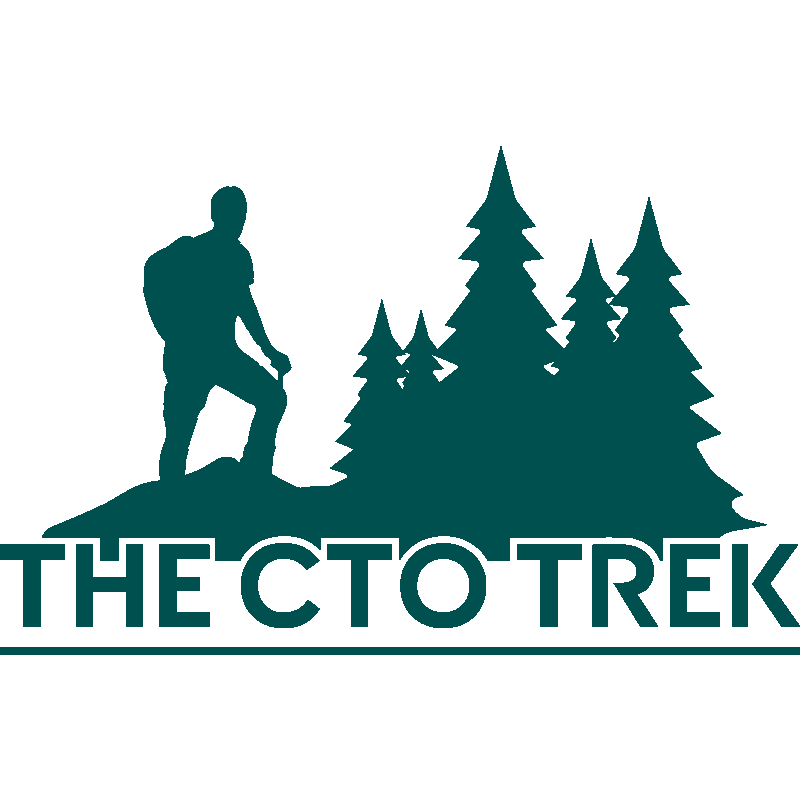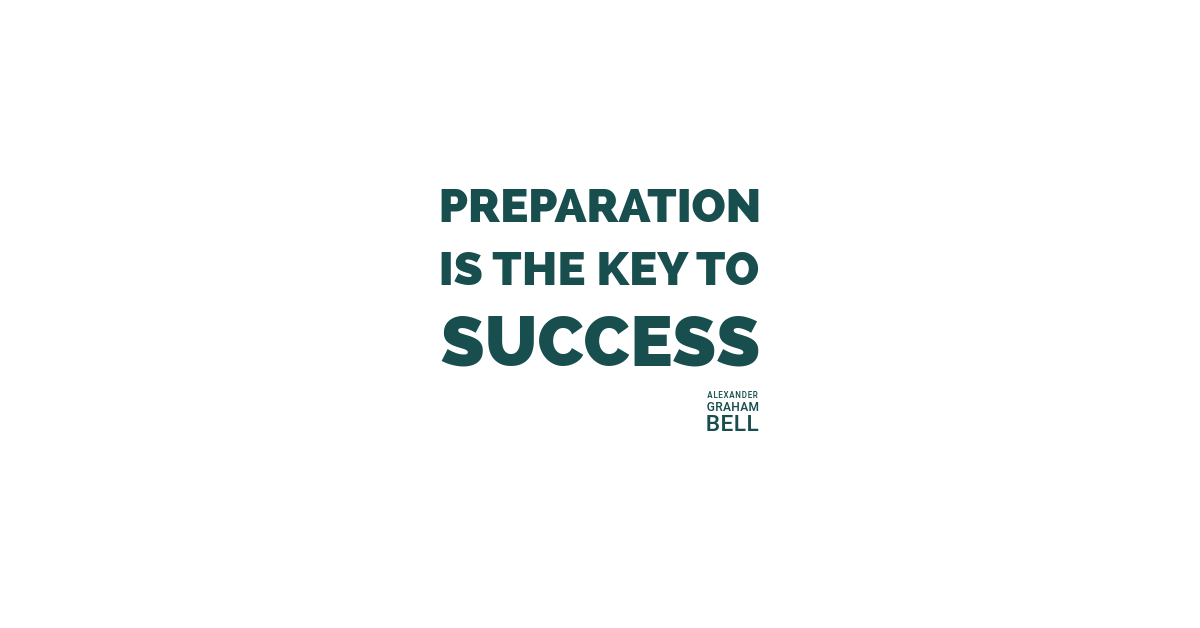My first trip to Frankfurt with the new team was a mix of excitement and nervousness. We had a mission to meet our counterparts and stakeholders at the bank’s headquarters, and it was time to establish those all-important relationships. There were four of us, all software engineers, flying in on a cold evening, trying to figure out how to navigate a new city and reach the hotel. We decided to walk to the office the next morning, and as we approached, I was hit by the sheer energy and intensity of the place.
The trading floor was exactly like you see in the movies – desks packed with multiple monitors, flickering with endless streams of data, charts, and live feeds. I remember it was the first time I saw a Bloomberg keyboard. The atmosphere was electric, and everything seemed to be running at full speed. It felt like we had stepped into another world. Then, to top it off, we were greeted by one of the managers who showed us to our assigned desks. The catch? There weren’t enough chairs for everyone, so I ended up sitting on a rollbox – a little uncomfortable, but it did the job.
I quickly realized we were standing out. While everyone else was dressed in black pants and white shirts, we were in jeans and sweaters. The manager asked us, quite diplomatically, if we had similar attire with us. That’s when I learned a new lesson: always ask about the dress code before going on a client visit. It was a wake-up call on how important it is to understand expectations and prepare accordingly.
The day continued with a roundtable introduction. We proudly spoke about our degrees and achievements, but as soon as the traders started sharing, I realized we were in a different league – a lower one. Every one of them had at least one PhD, and they didn’t hesitate to brag about it. I was taken aback – the dynamic was completely different from the easy-going vibe I was used to at my previous job. It wasn’t just the environment that was different. It was their mindset, expectations, and even the way they presented themselves.
It took me a moment to realize this wasn’t just about technical expertise – it was about the cultural differences. The traders in Frankfurt had a different approach, one that emphasized academic credentials and a high level of intellectual pride. I had to adjust my mindset and my approach to connect with them. Later, I came across a book called The Culture Map that perfectly explained these cultural differences. I wish I had read it before that trip. The lesson I learned was clear: always prepare for the cultural differences, especially when working with international teams, and understand how those differences shape the way people interact and work.
In the end, this trip taught me the importance of gaining trust and respect, and how preparation and cultural awareness are key in building successful relationships. You can’t underestimate the power of understanding the people you’re working with.

